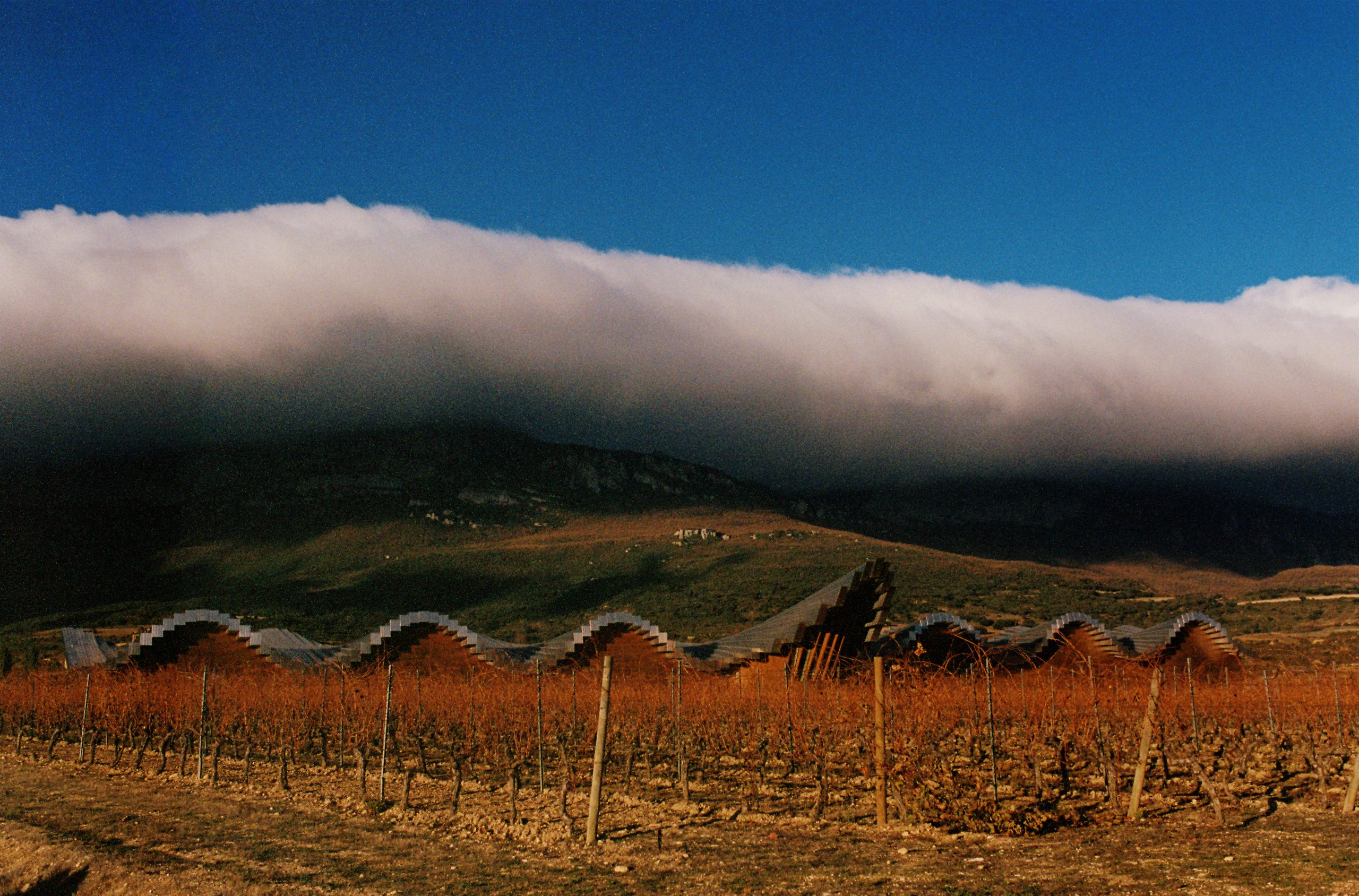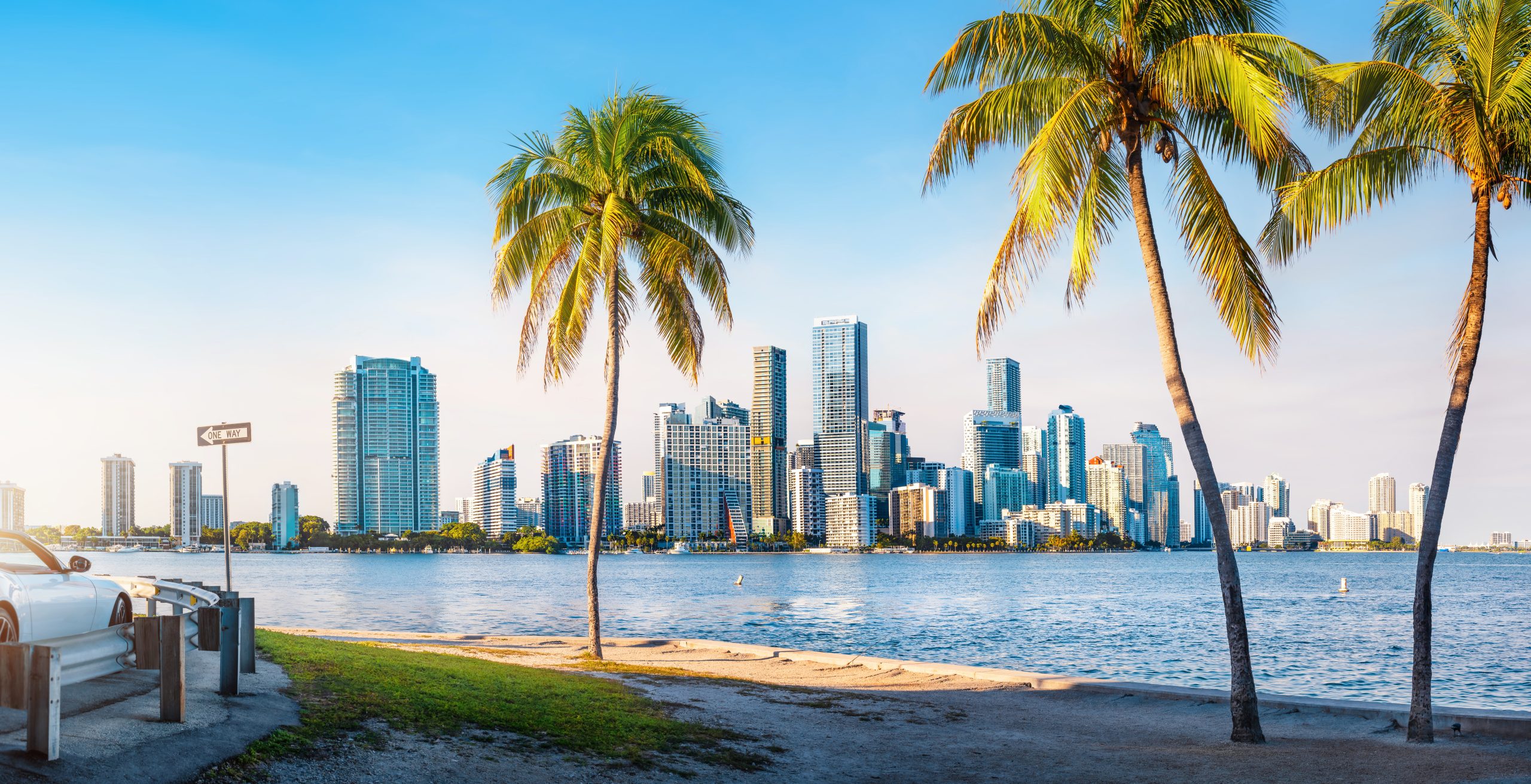Berry Bros & Rudd celebrates ‘sustainable growth’ in its 325th year
The Uk’s oldest fine wine merchant Berry Bros. & Rudd has reported continued and ‘sustainable’ growth, as it reports sales up 11.1% to £254.3 million.

The company saw EBITDA of £20.7 million, which was down 5.1% from last year’s £21.7million, but this drop was due to the planned investment into the opening of its new £4.5million state-of-the-art warehouse and fine wine storage facility in Andover, the biggest in Europe. It also noted new investment in an ongoing digital “transformation plan” and refurbishment of its property portfolio.
CEO Emma Fox said the strong set of results was “a testament to the hard work of all our colleagues, our producers and partners”, which had enabled BBR to continue to grow the business “in a way that will be sustainable for generations to come”.
“We’re very excited about this latest stage in our five-year strategy which we originally laid out in 2021,” she said. “These last few years of sustained growth mean that we are well placed to invest in our continued digital transformation, international expansion, growing our premium brands and acquisition opportunities.”
However, speaking to The Times yesterday ahead of publishing its annual results, Fox admitted it was “challenging times” and that that customers were being more cautious with their money.
“Although were seeing customer numbers growing, we’re seeing some trading down, which means we have to work harder to be more personalised and targets,” she told the newspaper. “It’s challenging times, but we are seeing customer numbers up, which is fantastic.”
Partner Content
2023 saw the company celebrate its 325 anniversary and acquire a minority stake in The Cotswold Distillery Company and English sparkling winery Hambledon Vineyard as part of a 50/50 joint venture with Symington Family Estates. Other joint ventures it has include Hotaling, an import and distribution business in the US, and No. 3 Gin, both of which experienced “sustainable growth”. Hotaling delivered double digit growth and No 3 Gin more than doubled its sales during the year following its joint venture with The Edrington Group in the previous year.
Last year the company tripled its operating profits to £14.9 million and turnover hits £220.2 million, swinging from a pre-tax loss of £8 million in 2021 (due to refinancing costs and the devaluation of several of its freehold properties during the pandemic) to a profit of £17 million.
As part of its commitment to sustainability, it held an inaugural global producer summit to share best practices and bring together producers to share their experiences and discuss the sustainable future of the industry.
It is also working towards a target of carbon zero by 2030, having already made 40% of its delivery fleet electric (the aim is to hit 90% of UK deliveries by electric vehicles by 2030) and boosting its solar power generation on its warehouses to around 15.5% of its total energy consumption. It has also introduced capsule free wine bottles on its own selection wines.
Related news
Bordeaux 2024 en primeur: St-Estèphe confounds expectations




